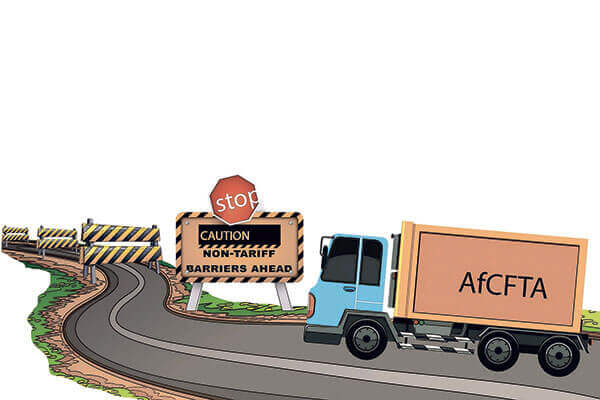
Our Projects are
Transforming African Trade
Quick Contacts
2nd Floor, Fidelity Insurance Centre Waiyaki Way, Westlands

Africa is expected to commence trading under the African Continental Free Trade Agreement (AfCFTA) in July 2020.
This gives the continent’s top diplomats, technocrats and negotiators less than a year to agree on the modalities that will govern the world’s largest free trade area since the establishment of the World Trade Organisation in 1995.
Having attended the Source21 Common Market for Eastern and Southern Africa (Comesa) High–Level Business Summit held in Nairobi this past July, it was clear that the key issues that African governments need to agree on before trading begins under AfCFTA are duties, levies and Rules of Origin, which will determine the eligibility of goods and services to be traded in the free trade area.
According to the Washington-based research group, Brookings Institution, intra-African exports accounted for 18 percent of the continent’s total exports in 2016, compared with 59 percent for intra-Asian exports and 69 percent for intra-European exports.
AfCFTA is expected to fundamentally transform the current state of intra-regional trade in Africa by, first, phasing out tariffs on 90 percent of goods traded on the continent by 2022 and, later, helping countries build larger and more sophisticated regional value chains.
To achieve these goals, a much broader and inclusive discussion that incorporates the interests and recommendations of key private sector players in Africa is needed. This is because businesses are able to channel investments into sectors where governments lacks the experience or technical expertise to succeed.
Source: The East African
Disclaimer: The views and opinions expressed in this article are those of the authors and do not necessarily reflect the official policy or position of TradeMark Africa.